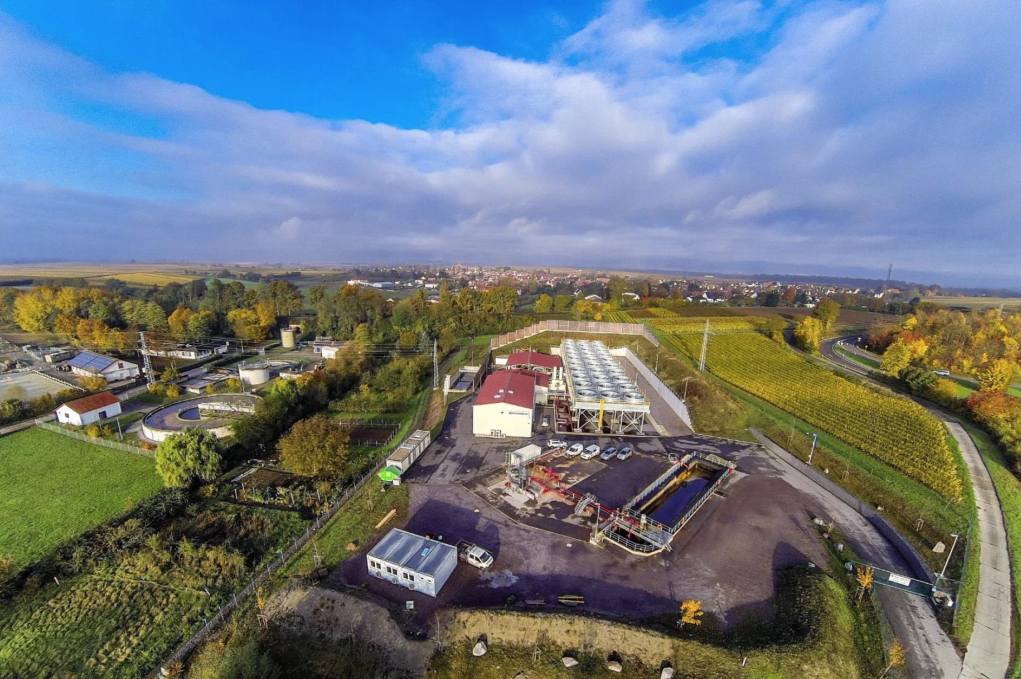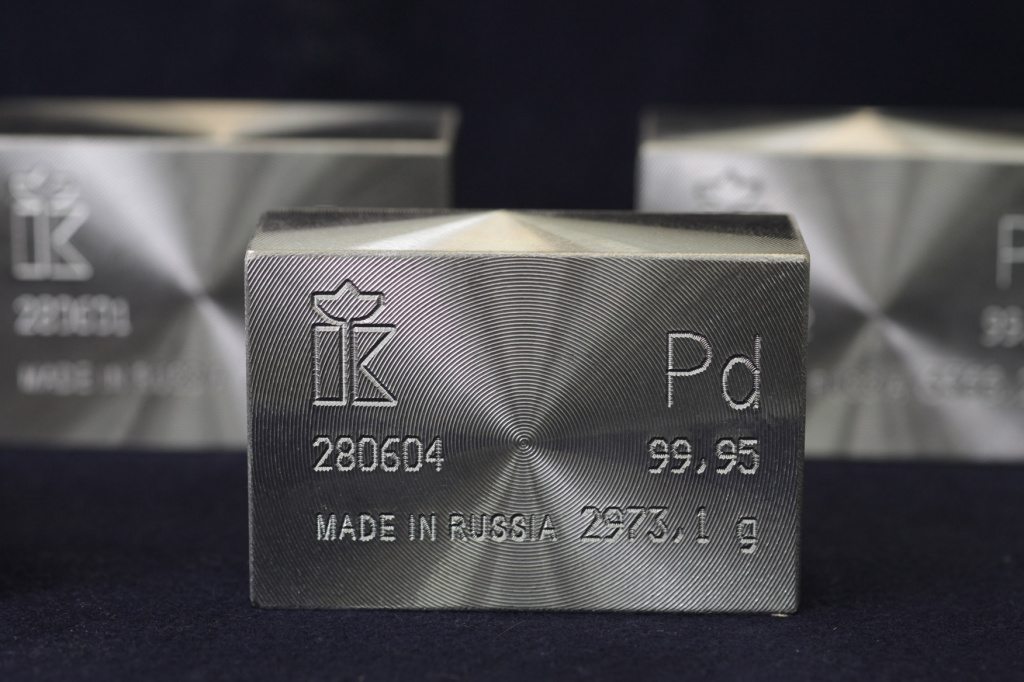Vulcan Energy delays lithium output target by a year

Lithium supplier Vulcan Energy is around a year behind schedule to reach an annual capacity of 40,000 tonnes because of supply chain delays, the company’s chief executive told Reuters on Monday.
Plans to build a sample facility in the summer of 2022 were held back by material shortages because of supply chain bottlenecks, delaying the feasibility study the company hopes to use to attract the more than 1.7 billion euros it requires in investment.
The study will now come out in early 2023, with 40,000 tonnes of output reached by the end of 2026 rather than 2025 as first announced, Chief Executive Horst Kreuter said.
Vulcan Energy already has offtake agreements with automakers Volkswagen, Stellantis and Renault as well as Umicore, LG Chem’s battery unit LG Energy, and utility firm MVV Energy.
Agreements range from 5-6 year terms to 20 years for the utility firm.
It now expects to extract 18,400 tonnes of lithium in its first year of operation in 2025, using a new technology which extracts lithium-rich brine from water in underground reservoirs.
Yet onlookers like Germany’s Karlsruhe Technology Institute (KIT) see even the postponed plan as unrealistic, pointing out that the technology is untested and still needs to obtain various licences.
A study conducted by the Institute earlier this year said that it would take 20 extraction sites to reach a volume of about 40,000 tonnes of lithium per year, which could not be set up before the end of the decade.
Asked about the study, Vulcan Energy – which has licences for about 1,500 square kilometres of land in Germany – argued its technology was so efficient it could extract the 40,000 tonnes from just five sites.
“We base our forecasts on the status of the technology, not the theory,” Kreuter said. “We know how it works.”
(By Ilona Wissenbach and Victoria Waldersee; Editing by David Evans)
{{ commodity.name }}
{{ post.title }}
{{ post.date }}




Comments